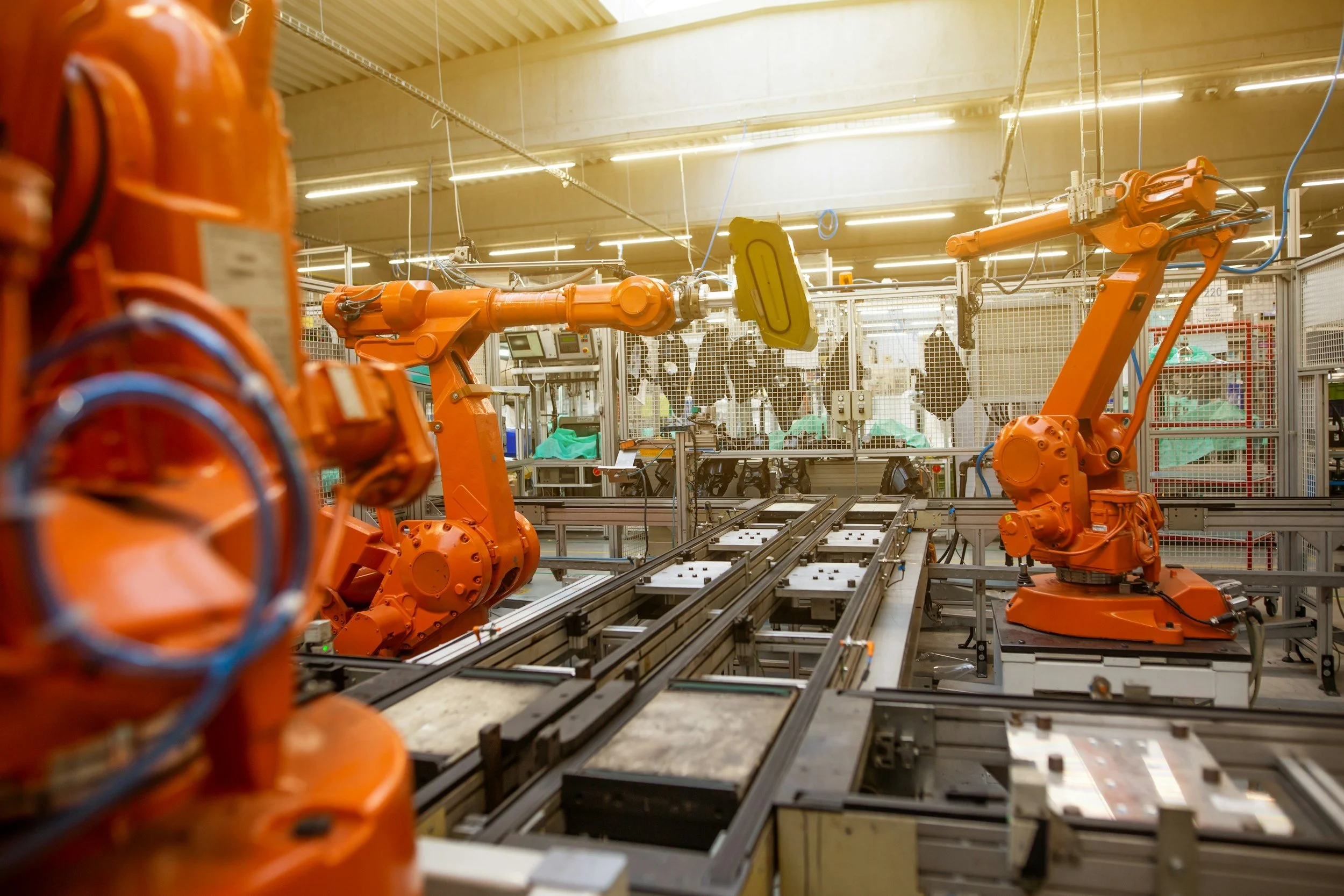
Level 4 Process Leader
Level 4 Apprenticeship Standard
Process Leaders direct production activities and operations. They work in high-volume or advanced manufacturing environments, and in some cases in low-volume, bespoke workshop settings. They lead teams, manage people and resources, drive health, safety and environmental compliance, and use production KPIs to improve quality, cost and delivery. They plan projects, solve problems, and communicate clearly across functions to keep production on track.
Typical Job Roles
Process Leader
Process Lead Manager
Production Lead
Section Leader
Course Content
Apprentices develop skills and knowledge in:
-
Production leadership: undertake and direct production activities; manage changes to products, processes and equipment; prevent failures by using data.
-
Plan people, equipment and materials; deliver against budgets and schedule variations.
-
Apply lean and operational excellence tools, workplace organisation and visual management; use KPIs to drive improvements in quality, cost and volume.
-
Deliver quality systems, manage defects and volume issues; analyse root causes and sustain fixes.
-
Manage compliance, conduct risk assessments, investigate incidents, and champion sustainable practices.
-
Plan, organise and manage projects; monitor progress, risks and mitigation.
-
Recruit, build and motivate teams; coach and mentor; manage performance, attendance and industrial relations; adapt leadership style.
-
Chair meetings; present clearly; use data/graphs to inform decisions and persuade stakeholders.
-
Collaborate across HR, planning, purchasing, finance and other functions; negotiate and manage conflict.
FAQs
-
A: This apprenticeship typically takes 24 months to reach gateway, plus additional time for the End-Point Assessment (EPA). The EPA period usually completes within 5 months.
-
A: Entry requirements are set by the employer. Apprentices must complete English and Maths in line with apprenticeship funding rules before reaching gateway if they do not already hold these qualifications.
-
A: The EPA is independent and consists of three methods:
Workplace Observation with Q&A: Assessors observe apprentices leading meetings in the workplace.
Project, Presentation, and Q&A: Apprentices complete a real business improvement project agreed with their employer and the EPA organisation.
Professional Discussion: Supported by a Portfolio of Evidence documenting skills and achievements.
Apprentices are graded Pass, Merit, or Distinction, reflecting their competency and professionalism.
-
A:
Maximum funding band: £11,000
Non-levy employer contribution: Typically 5% (£550) for organisations that do not pay the apprenticeship levy
Additional government funding support may apply depending on the apprentice’s age and the employer’s size.
-
A: Yes. Completion of the apprenticeship is designed for recognition by relevant Professional Engineering Institutions (e.g., IET, IMechE), supporting EngTech registration at the appropriate level.
-
A: Apprentices can progress into senior roles such as:
Production Manager
Operations Manager
Quality Manager
Project Manager
Additionally, apprentices can pursue higher-level technical or leadership qualifications, including higher and degree apprenticeships, enhancing career growth in engineering and manufacturing sectors.

